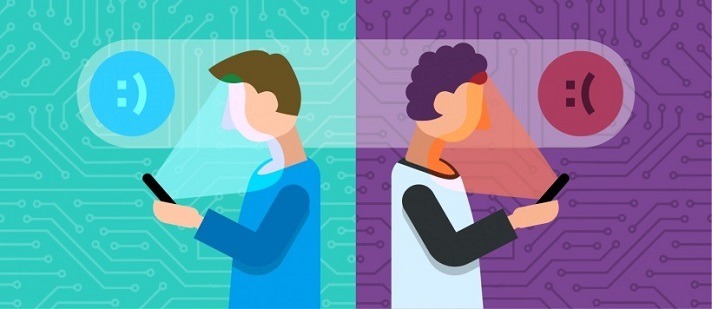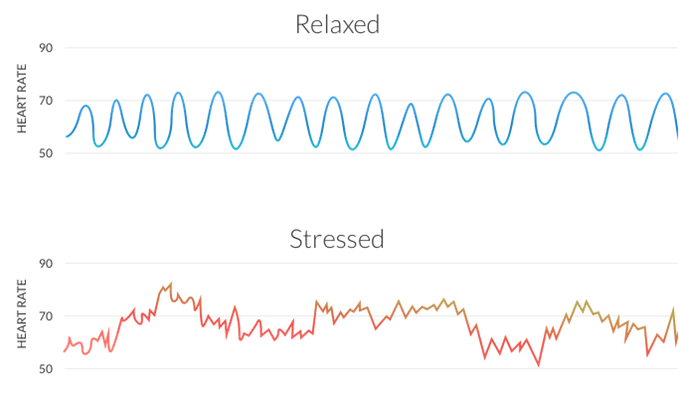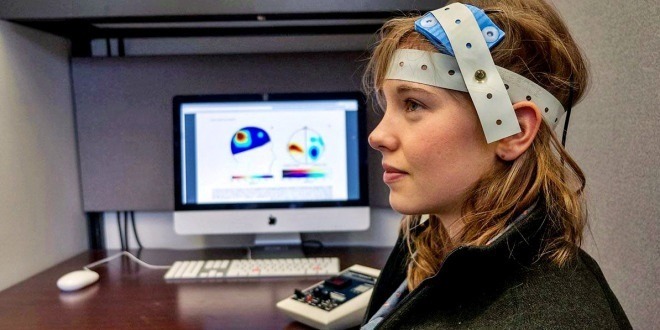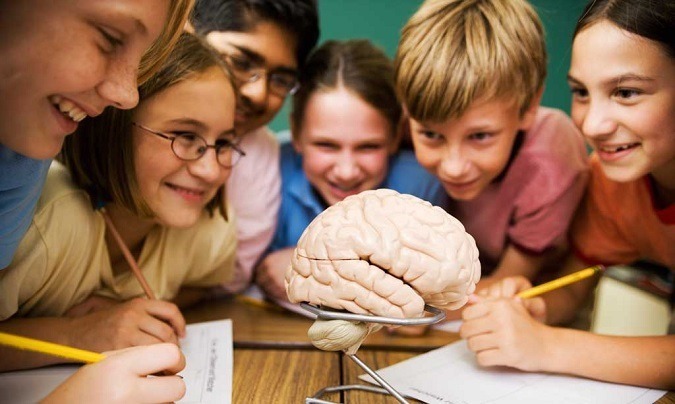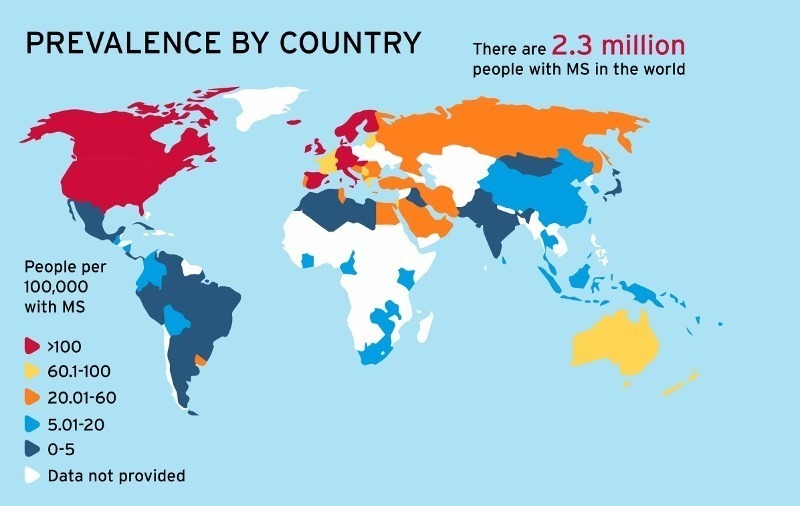Posts Tagged ‘meta-analysis’
“Digital therapeutics” vs. “Mental health apps”: A growing debate on standards, regulation and efficacy
The efficacy of Mental Health Apps (pharmaforum): In January, PLOS Digital Health published a study which claimed that there’s “sparse” data to support the efficacy of most mental health apps. In their meta-analysis of published studies, the authors found universal deficiencies and concluded that there’s no convincing evidence that app-based interventions deliver meaningful outcomes. Without…
Read MoreGrowing research supports Heart Rate Variability (HRV) biofeedback training to lower stress and anxiety, increase sports performance
What’s HRV? An important health metric every golfer should pay attention to (Golf.com): As amateur golfers, we’d love to play like the pros. There’s no doubt that you would trade your banana slice for Dustin Johnson’s penetrating 300-yard drive down the middle of the fairway or Collin Morikawa’s impeccable ball striking in a heartbeat. Unfortunately,…
Read MoreTranscranial Direct Current Stimulation shows early promise to ameliorate depression, especially if combined with other therapies and dosage optimized
___ Transcranial Direct Current Stimulation Promising for Major Depressive Disorder (Psychiatry Advisor): “Transcranial direct current stimulation (tDCS) is an investigative modality for major depressive disorder (MDD) that has shown some promising results. Though it has a while before it is approved by the US Food and Drug Administration, clinicians and patients have been clamoring for…
Read MoreMeta-analysis finds value in teaching the science of neuroplasticity, especially for math achievement among at-risk students
___ The ‘Brain’ in Growth Mindset: Does Teaching Students Neuroscience Help? (Education Week): “Teaching students the science of how their brains change over time can help them see intelligence as something they can develop, rather than innate and unchangeable, finds a new analysis of 10 separate studies online in the journal Trends in Neuroscience and Education.…
Read MoreMeta-analysis finds sustained benefits of neurofeedback for kids with ADHD
___ In neurofeedback treatment for ADHD, individuals learn to alter their typical pattern of brainwave activity, i.e., EEG activity, to one that is consistent with a focused and attentive state. This is done by collecting EEG data from individuals as they focus on stimuli presented on a computer screen. Their ability to control the stimuli, e.g.,…
Read MoreEvidence review finds that computer-based cognitive training can significantly improve memory in patients with multiple sclerosis (MS)
___ Computer-Based Cognitive Training Improves Memory Domains in Multiple Sclerosis (Neurology Advisor): “Computer-based cognitive training may assist in improving memory in patients with multiple sclerosis (MS), according to a systematic review published in Multiple Sclerosis and Related Disorders. A total of 9 studies reporting the use of computer-based cognitive training in patients with MS were…
Read More
